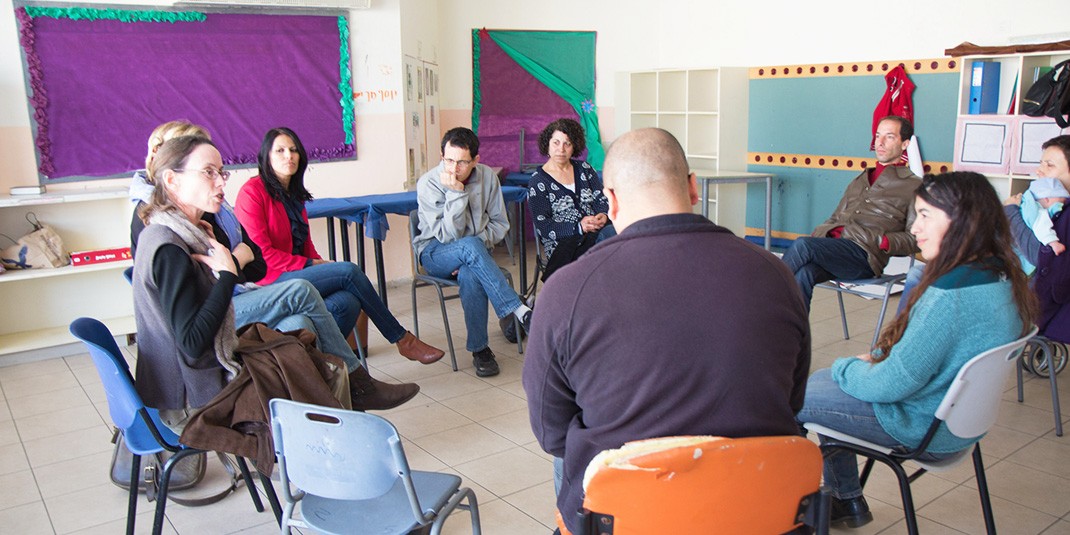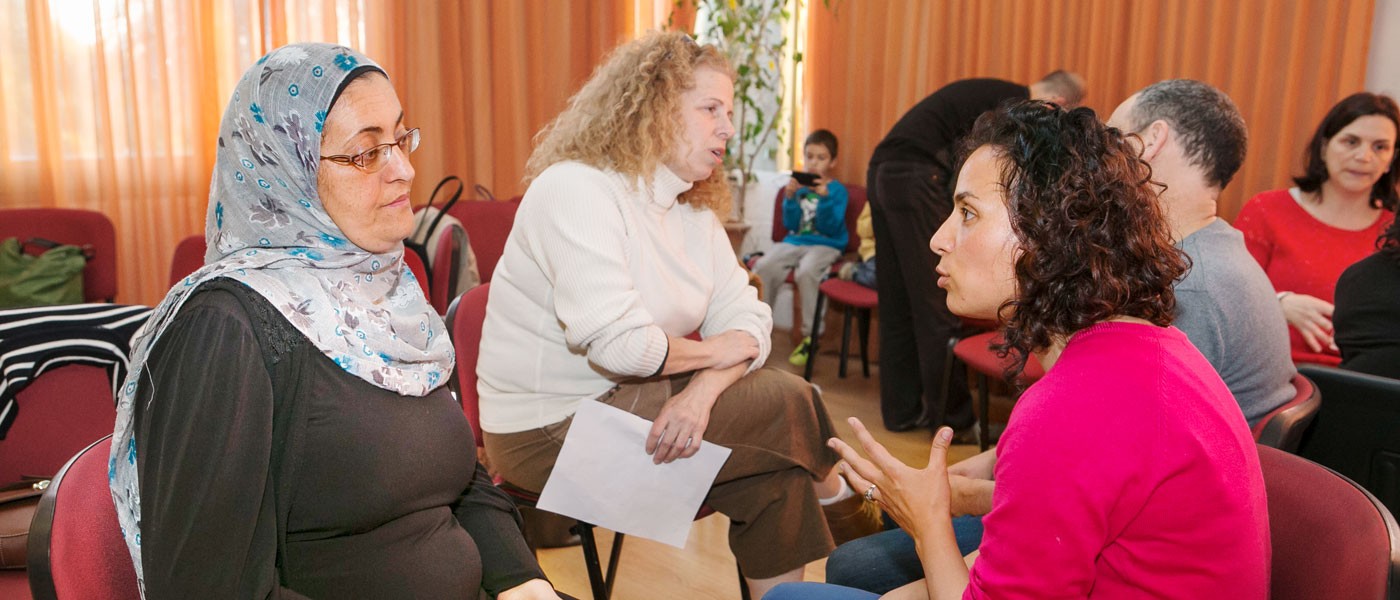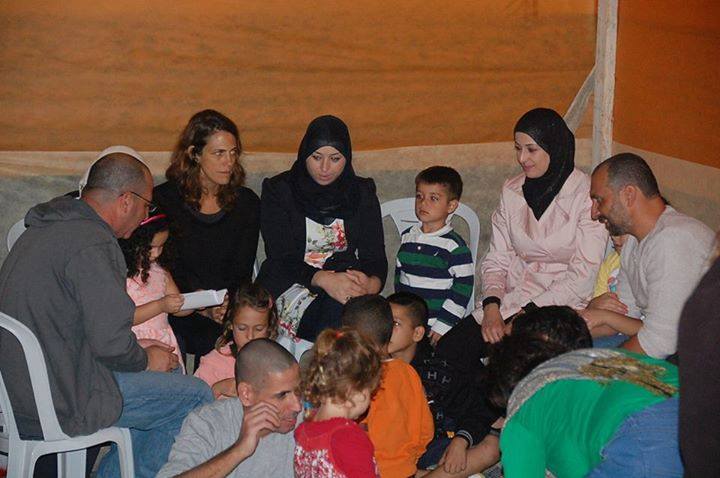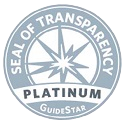Dialogue

Hand in Hand’s dialogue program is unique and essential in our conflict-ridden reality. It is imperative that our teachers and students come together daily, to teach and study in a shared and equal environment. Parents must continue to drop their children off at school despite what they hear on the morning news. Our community organizers must continue to bring the community together even—and especially—when tensions are high. Over the past several years, our expert dialogue facilitation staff have developed specialized programming for each of Hand in Hand’s bilingual and integrated audiences. They have created tailor-made intensive 30-hour courses for teachers and shorter workshops of 3-10 sessions for parents and community members. They have created a special Dialogue Course to meet the needs of community organizers. Our expert dialogue facilitators provide a safe space where each group can openly discuss their feelings and fears, share their different realities, narratives, and family histories, and create empathy for the other’s pain. They enable participants to find common ground despite real differences.

Hand in Hand’s teachers and community staff are equipped to lead tense discussions among students and parents on a variety of complicated and emotional topics, including the especially sensitive, and sometimes painful, National Days (Independence Day, Memorial Day, Holocaust Memorial Day, Land Day, etc.). Community organizers are experts in building community solidarity in spite of inter-group differences and an ongoing conflict.
Generally, participants have been very positive about their experience and have noted that dialogue sessions have made them understand themselves better, and allowed them to overcome fears. Here is what an Arab parent shared about her dialogue experience:
I had never shared my family’s story with Jewish people before. I tried for many meetings to work up the courage to share my story, but it didn’t feel right. Finally, after attending a few dialogue meetings, I found the courage to share my past with other Jewish families. This was so emotional for me – to share my story in Hebrew with Jewish families – that I started crying half way through. My children are growing up with Jewish friends now, so they will not have the same difficulty as I did. I feel like my children and I are going through a process together. This makes me happy and gives me hope.

Former principal of the Max Rayne Jerusalem High School, Arik Sporta, expressed the following sentiment about the Dialogue Program.
The dialogue course for teachers has been a success and has positively affected the school. It gave teachers skills with which to engage their students in serious conversations. It gave students a place to raise issues that they would have kept to themselves in the past. Participation in dialogue sessions has built up the confidence of the students, and helped forge even stronger teacher-student relationships.
A graduate of the Max Rayne Hand in Hand Jerusalem School described her school experience as such:
I remember that in first grade, we each got a white balloon and we were asked to write our hopes and wishes and let them go up to the sky. I don’t remember what I wrote then, but I do know what I would write now. I would write that I wish for all the children in this land and around the world to learn the things that we learned at school. Because despite all of the things we learned for exams, the things that I will remember for all of my life are not the equations.. I will remember that for as long as I can remember, I grew up with people who are different from me, I learned to accept them and not see them as less than, but as equal to me.
We must enable difficult conversations to take place regularly between Jews and Arabs, and facilitate honest and respectful dialogue even if it is sometimes painful. This is the only way to overcome the fear, mistrust and division that currently exist in Israeli society, and create real, lasting change.









